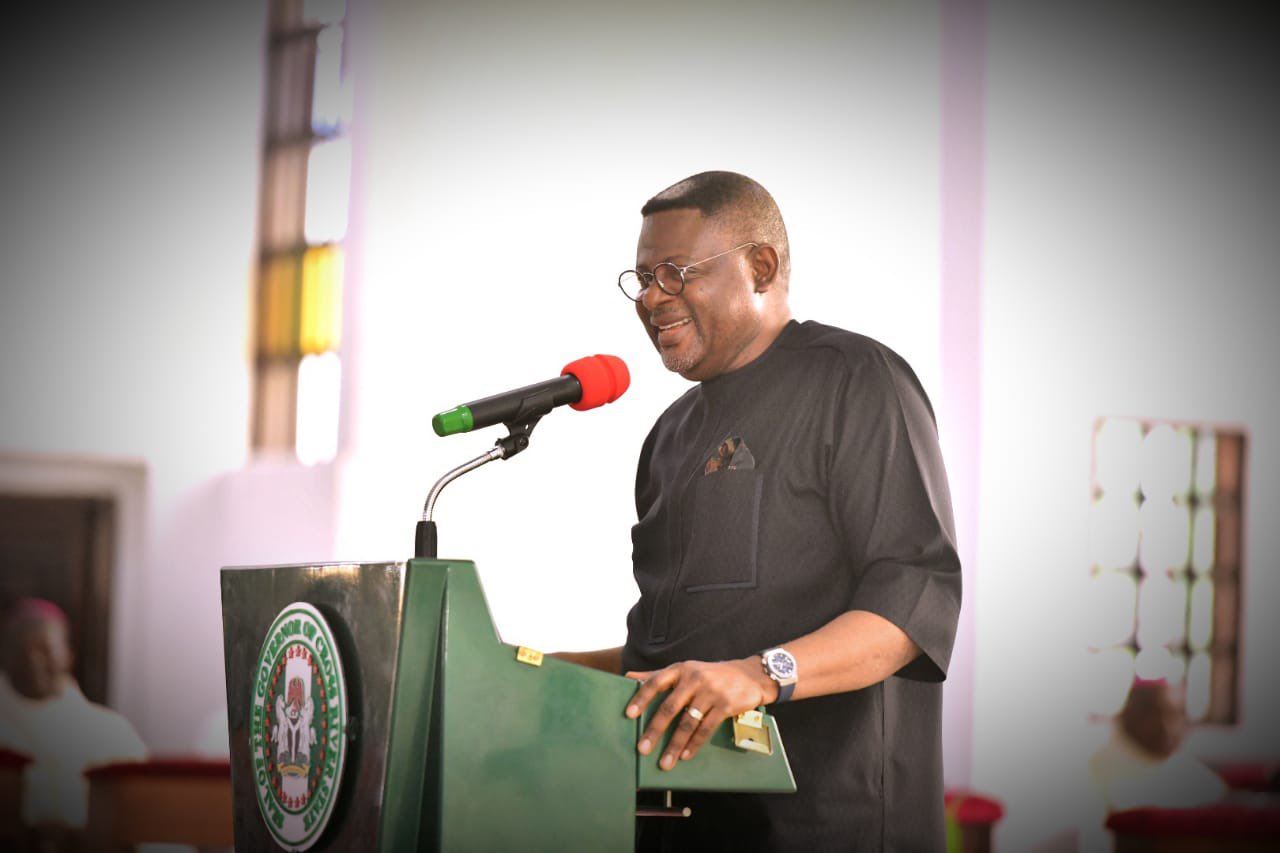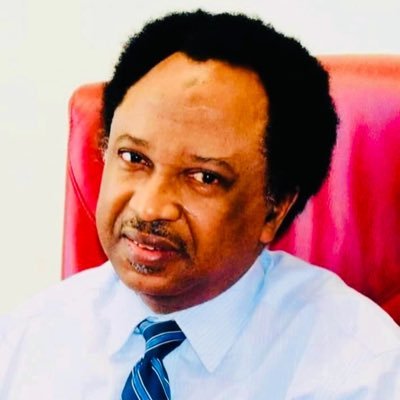The Cross River State Government and the Rural Electrification Agency (REA) have launched a renewed partnership to expand access to clean energy across the state.
The renewed commitment emerged on Tuesday at a high-level strategic roundtable in Abuja, themed “Sustainable Impact, Beyond Policies: Powering Cross River State’s Blue & Green Economies Through Clean Energy Investments.”
Speaking at the event, Governor of Cross River, Bassey Otu, applauded the REA’s ongoing work in the state, noting that its interventions have offered clear proof that deliberate, targeted electrification can transform communities.
Represented by Deputy Governor Peter Agbe Odey, the governor said the State has reached a critical point where only three of Cross River’s 18 local government areas enjoy consistent electricity, adding that this has left millions of residents and businesses dependent on generators and high fuel costs.
The governor described the roundtable as a turning point for Cross River State, adding that the state was prepared to host an influx of renewable energy investments.
Otu, who painted a stark picture of the state’s energy crisis, said Ikom, the state’s commercial nerve centre, has had no public electricity for over six months.
According to the governor, Ogoja, another major local government area, has battled frequent blackouts and low voltage for years, disrupting businesses, hospitals, and smallholder agro-processing.
While describing energy access as a critical enabler of the state’s blue and green economies, Governor Otu noted that “it is through enhanced clean energy infrastructure that we can unlock the vast potential of our natural resources while preserving our environment for future generations.”
“As Governor, I pledge that the ‘People First’ administration will continue to support policies and projects that promote sustainable energy access and invite increased investments and partnerships to power our state’s economic transformation”, he added.
He commended the REA and its partners for delivering the 10-megawatt solar farm at the University of Calabar, a project executed with the German government and private developers.
He said the facility, designed to cut the university’s power bills, enhance campus safety, and guarantee steady electricity for research, demonstrates what is possible through deliberate partnership and a shared development vision.
Managing Director of the REA, Dr. Abba Aliyu, said the agency had completed a national geo-spatial mapping exercise identifying communities without electricity, their population sizes, economic activities, and growth potential if electrified.
He said the mapping for Cross River shows significant opportunities for rapid rural prosperity.
“Our analysis tells us how much electricity can catalyse small businesses, how many new micro-enterprises would emerge, how much agricultural processing would expand, and the scale of post-harvest losses we can reduce,” Aliyu said.
He added that electrifying rural areas would boost local GDP, create jobs for young people, and enhance the competitiveness of the agricultural value chain, which he described as a backbone of Cross River’s rural economy.
In his opening remarks, Secretary to the State Government, Prof. Anthony Owan-Enoh, said the roundtable was designed to give Renewable Energy Service Companies (RESCOs) direct access to government officials and clear information on what the state is willing to offer.
He said energy remains the biggest missing link in Cross River’s development journey.
“We have the land, the tourism, the agriculture, the culture, the minerals, but without power, these assets cannot reach their full economic meaning,” he added.
Director General of the Cross River State Electrification Agency, Francis Ekpo, said the turnout and enthusiasm from RESCOs were a bold vote of confidence.
He said the state would immediately constitute a steering committee to begin engaging RESCOs and fast-track project implementation.
“We are ready. If developers come tomorrow, we will start tomorrow. Cross River State is open for business,” he said.






